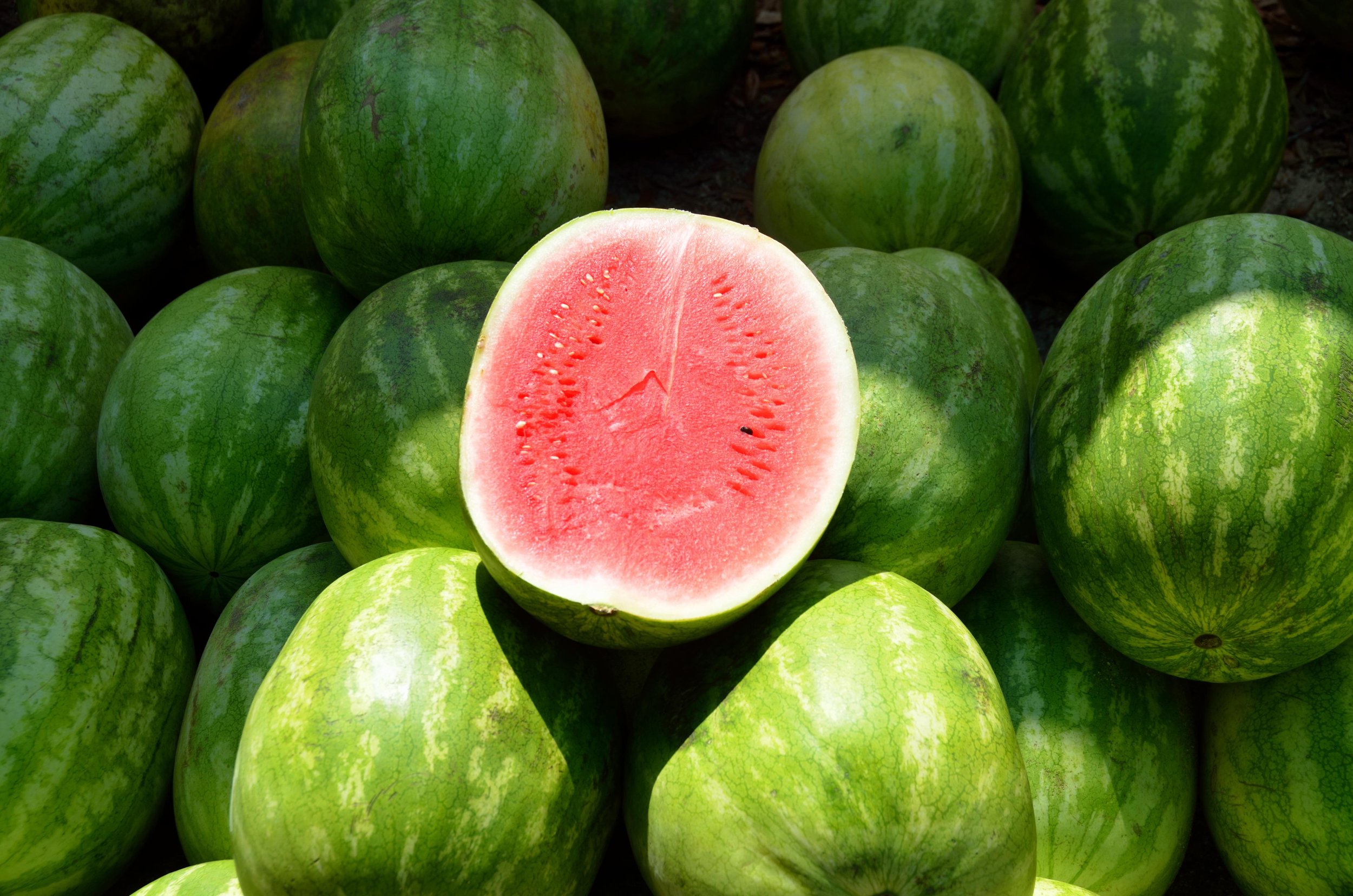It’s common that teams feel overwhelmed with urgent and important tasks. “If only we could prioritize,” they gripe.
Of course, benefits of prioritization vanish when items low on the priority list get attention anyway. Frustratingly, sometimes prioritizing doesn’t help at all.
Here’s an example: prioritize eating, drinking, and sleeping; then pick the top two. In this scenario it ALL has to be done.
A colleague once solved the dilemma by prioritizing sleeping and eating – he just chose watermelon to stay hydrated.
Now THAT is a clever solution! Maybe this will work short term, but long term there’s bound to be trouble (scurvy excepted.) Watermelon isn’t exactly a “complete food.”
When everything is a priority, nothing is a priority, as the saying goes. This problem often develops from a breakdown in the outcome hierarchy. Something is unclear or out of alignment, making prioritization and saying “no for now” to the bottom portion of the to-do list impossible. Strategy is about making tradeoffs and choices in context of the universal constraints of time, capital, and risk. No tradeoffs and choices? Prioritization becomes futile, and we’re stuck eating only watermelon.
Tired of watermelon?

